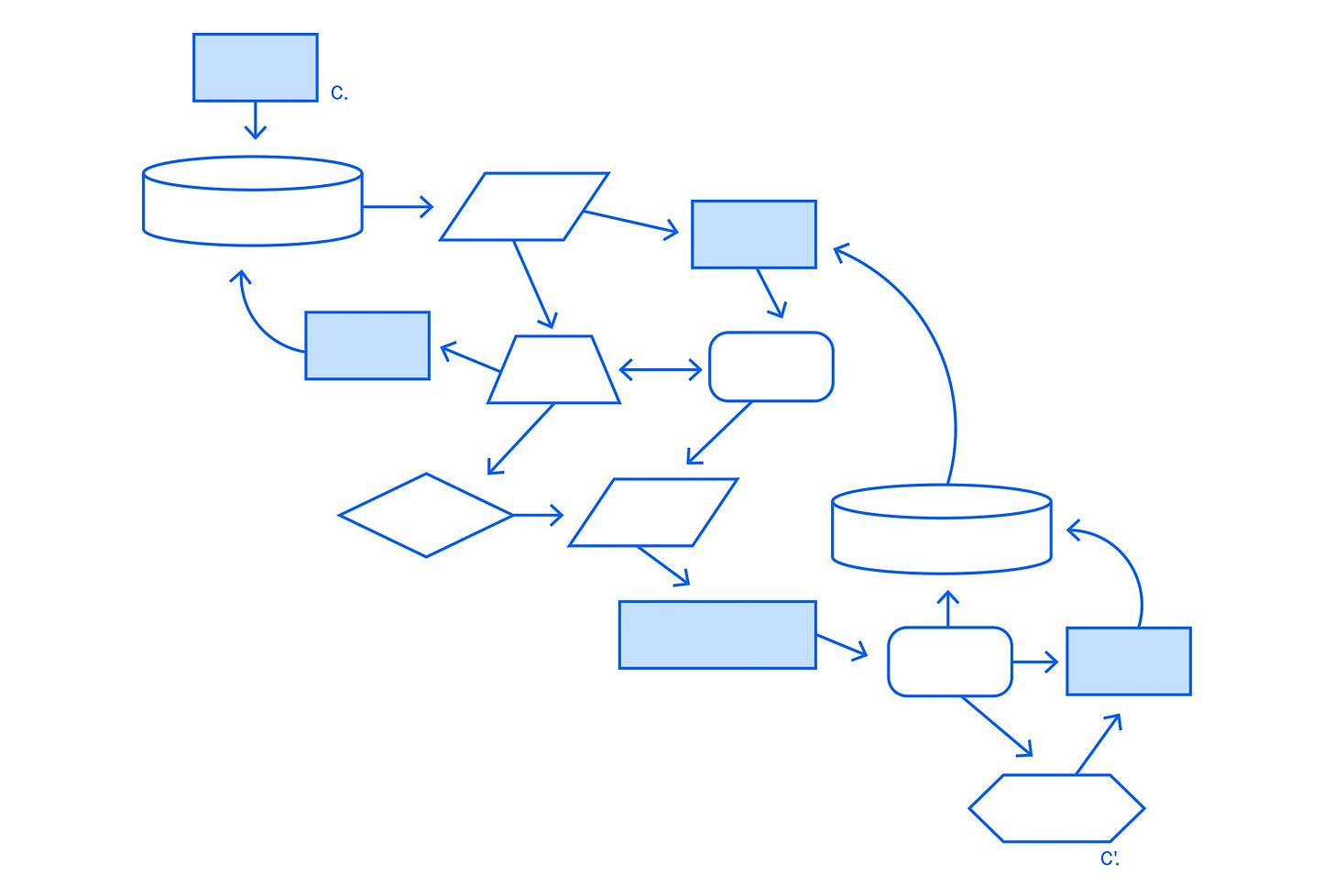Bodiless Bodies: The Rise of Para-Institutions
Civil society was once occupied by popular forces that could function as a bulwark against both capitalist marketization and state authoritarianism. Today, it has been colonized by the NGO, which, in turn, colonizes our hollowed-out politics.
Civil society has always been defined by class struggle. As the social terrain that bridges the political and economic and that regulates relations between individuals and the state and market, civil society has always been shaped by conflicting forces. It can be bent to the service of aristocratic rule through philanthropic dependency, to bourgeois hegemony founded on market relations, or remade in the image of a popular associational culture of more or less democratic forms of self-organization for advancing collective social rights.
Over the last four decades, with the entrenchment of market relations and the withdrawal of the state, civil society has been occupied increasingly by a social form that advances very specific class interests—the private Non-Governmental Organization (NGO). Memberless, undemocratic, and highly bureaucratized, NGOs increasingly play the mediating role between state and citizenry, and between state and market. For much of the nineteenth and twentieth centuries, this role was played by membership-based organizations, not least the trade union and modern political party.
Mass political parties grew out of social movements to represent their members, make demands of the state, and seek to govern on behalf of the people. However, this bridge between politics and the people has in recent decades broken down, along with representative politics itself, creating a “void,” as the political scientist Peter Mair describes it. From the void has emerged a professionalized and marketized shadow of civil society’s former self, a “third sector” to the public and private sectors.
Civil society was once occupied by popular forces, which could function as a bulwark against both capitalist marketization and state authoritarianism, and generate radical movements struggling for socialism, communism, or more cooperative relations. Today, civil society has been colonized by the NGO, which, in turn, colonizes our hollowed-out politics. Elite rule over civil society has, of course, been common throughout history, not least through philanthropy. What’s different about today’s elite capture is precisely its claims to the participation, cooperation, and representation of the people. NGO forms of civic activity have effectively infiltrated the space vacated by more democratic or self-organized forms. How did we get here? And what does it mean for the future of capitalism, democracy, and class struggle?




